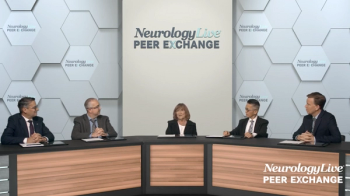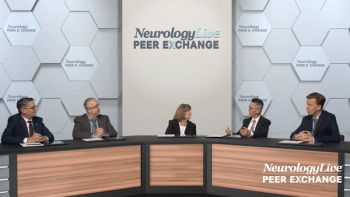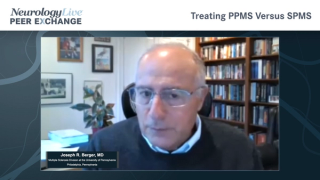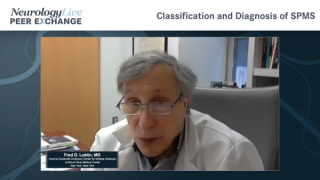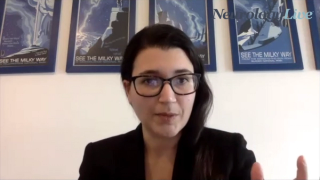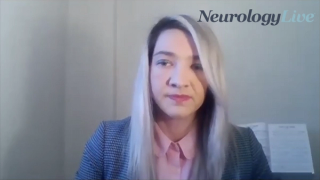
MS and Demyelinating Disorders
Latest News
Latest Videos

CME Content
More News






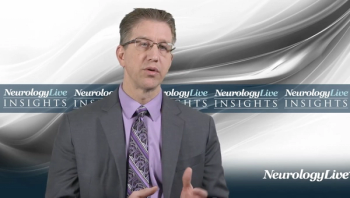

The associate professor in the department of neurology at the University of Colorado and neurologist at Advanced Neurology of Colorado discussed the advantages of cladribine and details of the ongoing CLICK-MS study.

A 6136-patient comparative study of fingolimod, rituximab, and natalizumab suggested that the former was associated with a borderline‐significant increased risk of cancer compared to the general population.

Patients with relapsing multiple sclerosis showed declining scores on tests of cognitive processing speeds from baseline to 3-month follow-up post-relapse.

Similar effects were observed for each proxy SMPS component when compared with placebo.

This included the first 34 participants from the VISIONARY-MS study, which is currently ongoing with the orally delivered suspension of clean-surfaced, faceted gold nanocrystals.

Data from the CLARITY extension trial suggest that the durability of treatment with cladribine extended beyond 24 months in those with relapsing-remitting multiple sclerosis.

Neurology News Network for the week ending February 29, 2020.

Recovery status may be a useful tool to predict long-term outcomes in patients with relapsing forms of multiple sclerosis.

Leaders of the CMSC Working Group on MRI protocols and clinical guidelines express the need for a unified approach to diagnosing and monitoring multiple sclerosis.

The investigational MS therapy is currently under review with the FDA, with a PDUFA date set for June 2020.

The neurologist at Cleveland Clinic’s Lou Ruvo Center for Brain Health spoke to the need for data on the proper sequencing strategies for patients with MS who are switching disease-modifying therapies.

Compared with patients who initially received interferon treatment, those given ocrelizumab had superior disability progression after a 6-year follow-up.

Patients with a disease duration of <16 years demonstrated a significantly greater reduction in risk for confirmed disability progression (CDP) at 3 and 6 months.

The orally administered tyrosine kinase inhibitor was shown to delay disability progression in patients with primary progressive multiple sclerosis.
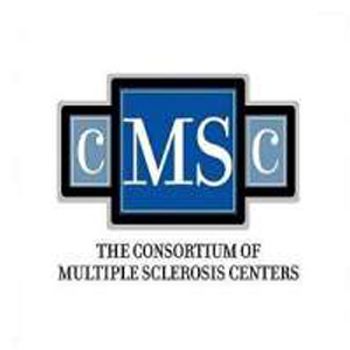
The multi-part series features a panel of 5 distiguished experts, discussing topics related to the updates to MRI and guidelines for multiple sclerosis treatment.

The novel B-cell therapy has been assigned a PDUFA date of June 2020.
